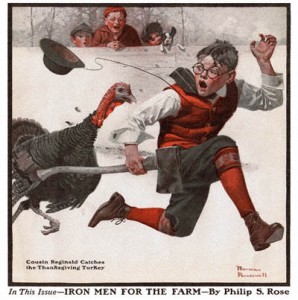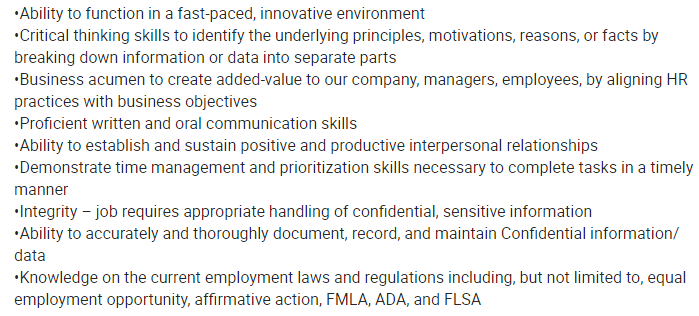 If you know what your passion is, stop reading this post and go pursue it. Go! Now! Enough procrastinating on the internet! Get started on the thing that you long for, that terrifies you, that is worth the inevitable sleepless nights and bouts of rejection. You know what you need to do, so get on with it. Seriously.
If you know what your passion is, stop reading this post and go pursue it. Go! Now! Enough procrastinating on the internet! Get started on the thing that you long for, that terrifies you, that is worth the inevitable sleepless nights and bouts of rejection. You know what you need to do, so get on with it. Seriously.
The rest of you?
Set passion aside for now. “Find your passion” is a worthy lifetime goal, but if you can’t yet envision even the haziest contours of what that passion might be, it’s not a particularly useful quest to start with.
- Caring about something, does not necessarily mean caring about it enough to build a life around it.
- “Passion” conveys a level of creativity, innovation, single-mindedness, and commitment that many well-lived, successful, happy lives don’t meet.
- Your life experience to date may not have revealed the particular strengths or interests that will help you leave your mark on the world.
There are plenty of online tools to help you find your way to your “passion”–if that’s really how you want to frame the question of your post-graduation plans. Just google “find your passion,” and be wary of sites that are clearly trying to peddle the author’s book.
If you want some concrete next steps to take towards your future career, ponder less and do more.
Thinking about a career in [______________]? Look for a way (internship, volunteer work, part-time job) to give it a try.
Wondering if you have enough talent for [_____________] to make a go of it? Practice doing it, and put yourself out there in front of an audience sooner rather than later.
Curious about whether [_______________] would be something you’d be good at and enjoy? Find an online tutorial, take a class, use LinkedIn or the alumni mentoring network to find people who can tell you more about it.
Not even sure where to begin? Get involved with an RSO, work for a campus publication, sign up for a new activity, take the next volunteering opportunity that comes your way.
The more things you do, the more data points you’ll have to guide you to life after college. But don’t just frenetically do things: look for ways to learn from the experience you accrue.
- what kinds of things are you good at without working at them or thinking too much about them?
- what challenges prompt you to get obsessive and lose track of time?
- what kinds of tedious chores are you willing to do that other people resist?
- what kinds of people are you happiest working with?
- what do you need to be reasonably happy?
- what activities do you want to try that you haven’t yet?
Let your answers guide you to the next thing you try.
Your first job out of college probably won’t be your dream job. That’s okay. But the more you know about what you’re good at and what gives you satisfaction, the more likely you are to land in something that will help get you to where you want to be, even if you don’t know where that is yet.



 This is an entry-level position in human resources, a field for which English and creative writing are always “related majors.”
This is an entry-level position in human resources, a field for which English and creative writing are always “related majors.” ent was in the English department yesterday to talk about his own experience. It was a field he stumbled into, but the point where it became a career path, rather than simply a way to pay the bills, was the point where he realized he could make a difference in the lives of other people. Having seen on-the-job conflicts be mismanaged (“some managers just love to fire people”), he sought out a managerial role where he could help resolve conflicts supportively and constructively.
ent was in the English department yesterday to talk about his own experience. It was a field he stumbled into, but the point where it became a career path, rather than simply a way to pay the bills, was the point where he realized he could make a difference in the lives of other people. Having seen on-the-job conflicts be mismanaged (“some managers just love to fire people”), he sought out a managerial role where he could help resolve conflicts supportively and constructively.